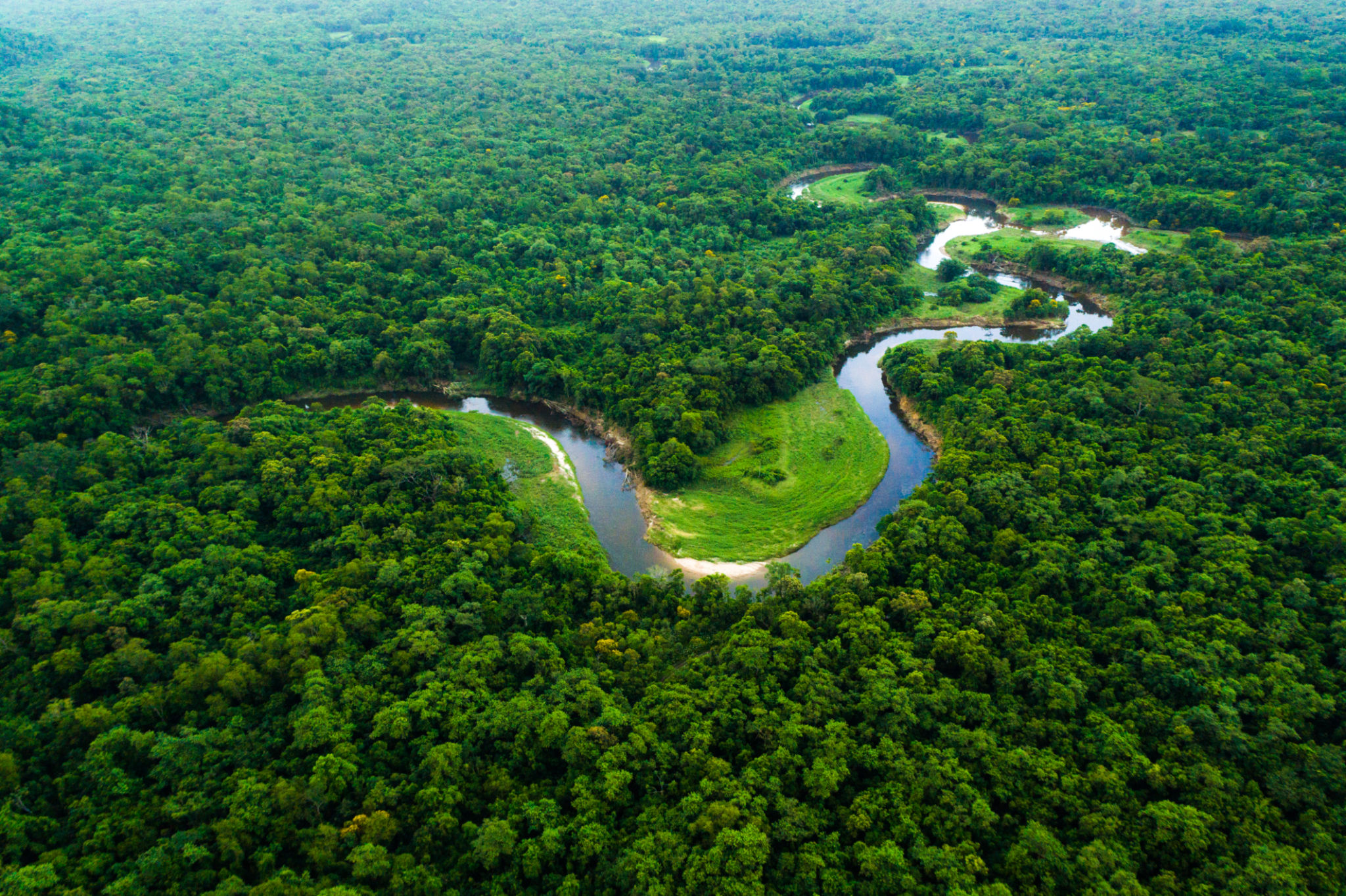Navigating the Complexities of Scientific Consultancy in Brazil
Understanding the Landscape of Scientific Consultancy
Brazil's scientific consultancy sector is a fascinating yet complex landscape, reflecting the country's rich tapestry of biodiversity, industry, and research potential. With an ever-growing demand for expertise in areas such as biotechnology, environmental science, and agricultural innovation, navigating this field requires a deep understanding of both local and global scientific challenges.
Consultants in Brazil are tasked with bridging the gap between scientific research and practical application. Their role often involves advising on project implementation, ensuring compliance with stringent regulations, and fostering innovation across various sectors. As such, they must be well-versed in a diverse range of scientific disciplines.

Key Challenges in Brazilian Scientific Consultancy
One of the primary challenges faced by scientific consultants in Brazil is the complex regulatory environment. The country has a comprehensive framework governing everything from environmental protection to biotechnology usage. Navigating these regulations requires a meticulous understanding of national and regional laws.
Additionally, Brazil's vast geographical size and diverse ecosystems mean that consultants often need to tailor their strategies to different environmental conditions. This geographical diversity necessitates a flexible approach, as strategies that work in one region may not be applicable in another. Understanding these nuances is crucial for successful consultancy.

The Importance of Cultural Competence
Cultural competence is another critical factor in the effectiveness of scientific consultancy in Brazil. With its rich cultural diversity, Brazil presents unique challenges and opportunities for consultants. Building strong relationships with local communities and stakeholders is essential for gaining trust and facilitating cooperation on projects.
Consultants must be adept at communicating complex scientific concepts in a way that resonates with diverse audiences. This involves not only language proficiency but also an appreciation of cultural norms and values. By fostering mutual understanding, consultants can effectively bridge cultural divides and drive project success.
Leveraging Local Expertise
Engaging with local experts is a key strategy for overcoming the complexities of scientific consultancy in Brazil. Collaborating with local scientists, environmentalists, and industry professionals can provide invaluable insights into regional challenges and opportunities.
Local expertise often brings a deeper understanding of specific environmental conditions, regulatory requirements, and cultural contexts, enhancing the overall quality and impact of consultancy projects. Building robust networks with these stakeholders is vital for consultants aiming to deliver effective and sustainable solutions.

Technology and Innovation in Consultancy
Incorporating technology and innovation into consultancy practices can significantly enhance the effectiveness of scientific projects in Brazil. Emerging technologies such as remote sensing, data analytics, and digital modeling can provide new insights and streamline project processes.
By leveraging these technologies, consultants can offer more precise recommendations, optimize resource use, and improve project outcomes. Staying abreast of technological advancements is essential for consultants who wish to remain competitive and provide cutting-edge solutions to their clients.
The Future of Scientific Consultancy in Brazil
Looking ahead, the future of scientific consultancy in Brazil appears promising, with numerous opportunities for growth and development. As global challenges such as climate change and food security continue to escalate, there will be an increasing demand for innovative solutions that leverage Brazil's rich natural resources.
The ability to navigate the complexities of this field will be crucial for consultants aiming to make a meaningful impact. By embracing cultural diversity, leveraging local expertise, and integrating technology, scientific consultants in Brazil can lead the way in driving sustainable development and innovation.
